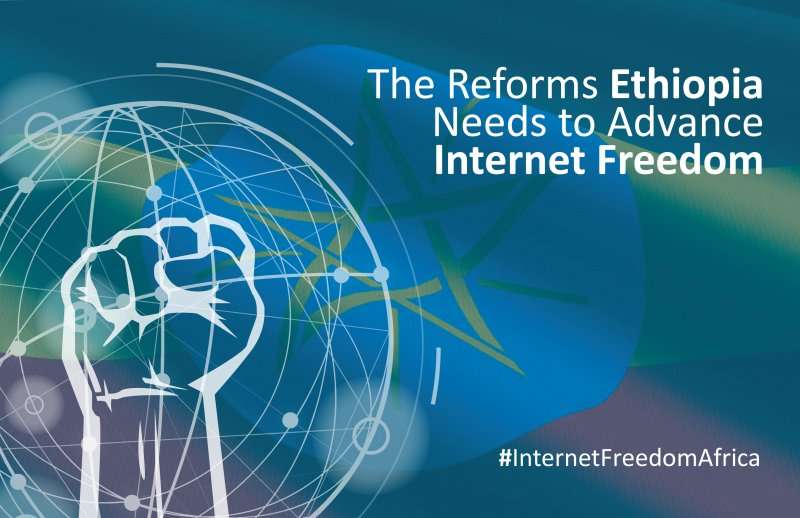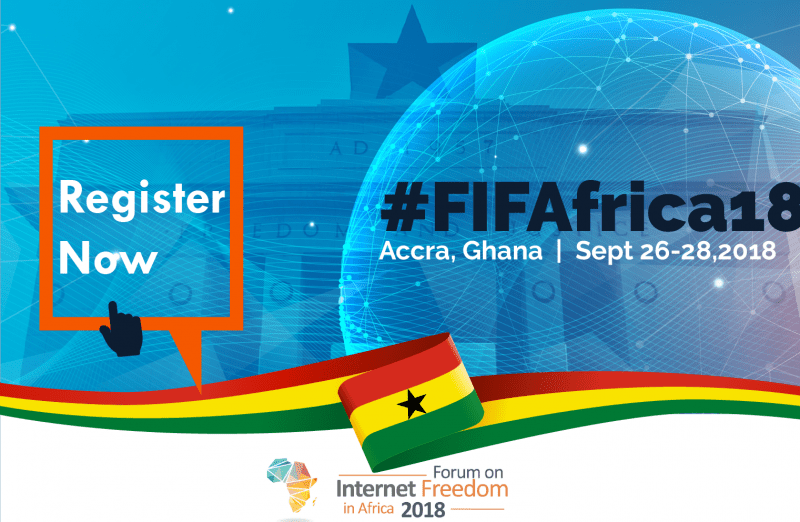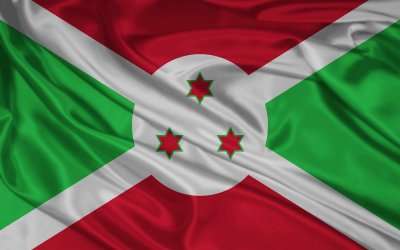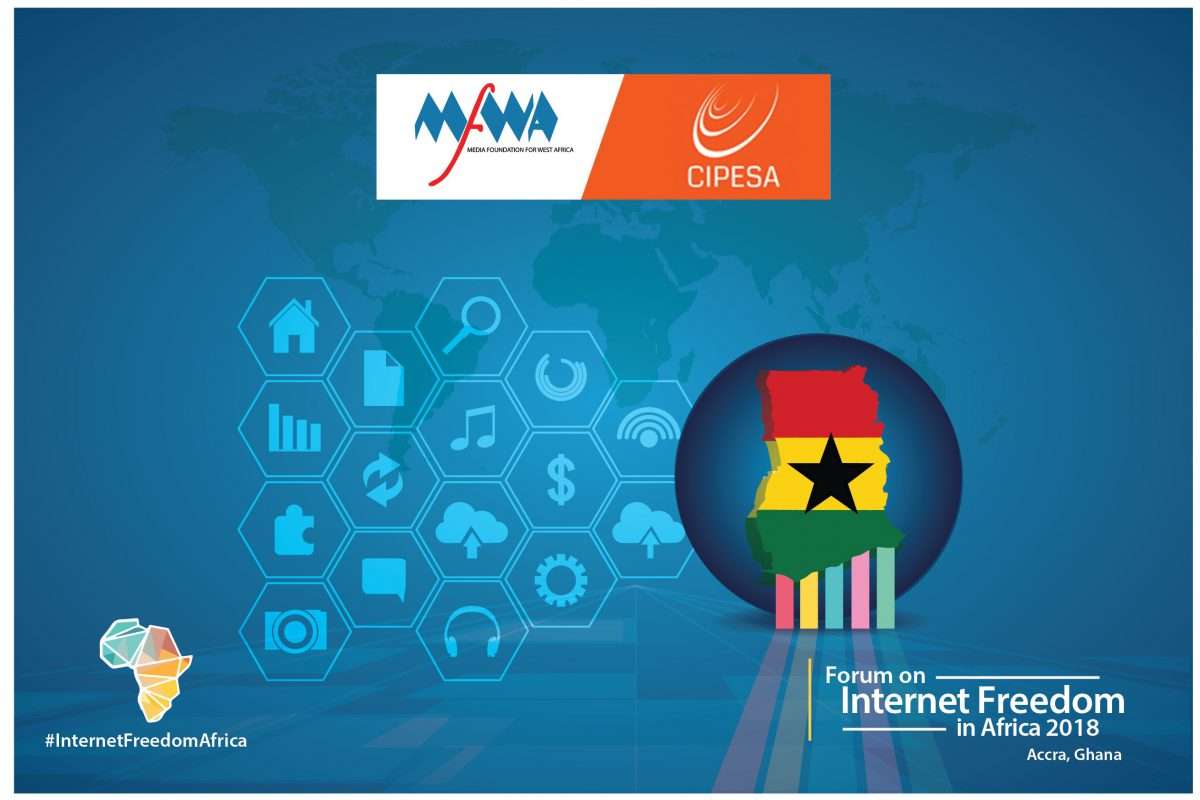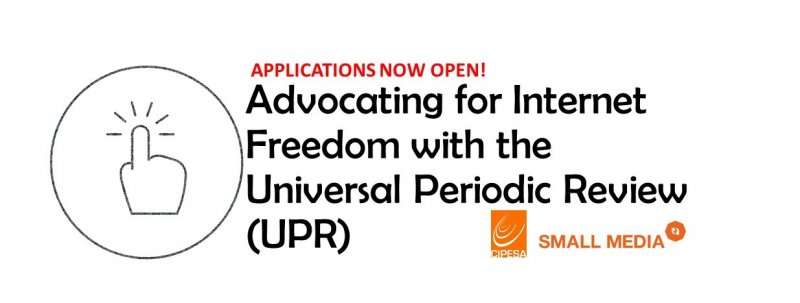Policy Brief |
Since April 2018, the new Ethiopian government has been undertaking unprecedented political and economic reforms. This follows countrywide protests that forced the former Prime Minister Hailemariam Dessalegn to resign in February 2018, leading to the appointment of a young and charismatic new premier, Abiye Ahmed two months later. Since then, the government has freed thousands of prisoners; announced measures to liberalise the telecom, aviation, and transportation sectors; and dropped charges against many opposition leaders, bloggers, and activists. Further, the new administration has lifted the state of emergency that had been reinstated in February 2018, reconnected mobile and broadband internet services that were cut off since 2016, and unblocked 246 websites, blogs, and news sites that have been inaccessible for over a decade.
These changes in Ethiopia did not come at a whim. The protests that started in November 2015 in the Oromia region spread to other parts of the country. In response to these protests, the previous government continuously blocked social media sites and implemented national and regional internet blackouts, often claiming it aimed to safeguard national security or to stem cheating during national exams. Consequently, the Oromia region lost internet connectivity for two weeks in March 2018, three weeks before the new prime minister was sworn in. Moreover, as access to the internet deteriorated in the country, the government criminalised freedom of expression online and offline. The arbitrary arrests, detention, and torture of members of the Zone Nine bloggers collective showed how far the government was willing to go to suppress dissenting voices.
The new Prime Minister and his cabinet have promised to open the democratic space in the country and expand freedom of expression online and offline. However, these reforms should go beyond the unblocking of a few hundred websites; they should bring in real changes that will make it impossible to regress to old habits. Therefore, reforms to be implemented must expand internet penetration from the current 15%, to the larger offline majority. Laws that prosecute freedom of expression online and offline like the Anti-Terrorism Proclamation and Computer Crime Proclamation must undergo substantial revisions to meet international standards. Further, the changes within the law enforcement and intelligence agencies should go beyond replacing old officials with new ones, but must tame the undue power given to these bodies to conduct unwarranted surveillance and censorship of netizens. Lastly, the new government should desist from internet shutdowns and censorship.
See this brief titled The Reforms Ethiopia Needs to Advance Internet Freedom which gives a detailed description of prevailing challenges to internet freedom in Ethiopia and proposed reforms the Ethiopian government needs to undertake to improve internet freedom in the country.

Register for the Forum on Internet Freedom in Africa 2018 (FIFAfrica18)
Register Now |
We are excited to open registration for the upcoming Forum on Internet Freedom in Africa 2018 (FIFAfrica18) set to take place on 26-28 September, 2018 in Accra, Ghana. The Forum is a landmark event that convenes various stakeholders from the internet governance and online rights arenas in Africa and beyond to deliberate on gaps, concerns and opportunities for advancing privacy, access to information, free expression, non-discrimination and the free flow of information online on the continent.
This year, the Collaboration on International ICT Policy in East and Southern Africa (CIPESA) hosts FIFAfrica18 in partnership with the Media Foundation West Africa (MFWA). It follows the the success of last years Forum co-hosted with the Association for Progressive Communications in Johannesburg, South Africa.
Indeed, spreading the physical footprint of FIFAfrica across different regions of the continent ensures that the Forum lives up to its goal of unpacking internet freedom challenges and opportunities in sub-regions of Africa and developing responses that are collaborative, and informed by insights from the experience of other sub-regions of the continent. Hosting the Forum in in west Africa for the first time will not only open up the space to more west African civil society, private sector and public sector actors to contribute their experiences to the regional discussion, but will also give life to the Forum’s commitment of ensuring broader regional representation and deepening conversations across the continent.
Register here – You can also make suggestions for session topics, panels, skills clinics, presentations or any additional activities that you’d like to see happen prior or alongside the Forum. Our vision is to have a Forum with representation from as many countries in Africa as possible. There is limited funding to support participation at FIFAfrica18. Please note that preference will be given to applicants who can partially support their attendance.

Share your thoughts on your vision for Internet Freedom in Africa using #InternetFreedomAfrica This year, the event hashtag is #FIFAfrica18

A New Interception Law and Blocked Websites: The Deteriorating State of Internet Freedom in Burundi
By CIPESA Writer |
The state of internet freedom in Burundi continues to decline as the government of President Pierre Nkurunziza tightens control over independent media and critical online publishers. Of recent, frivolous sanctions have been slapped against media houses, access to some online publishers’ websites restricted, and last May, an obnoxious law was enacted that makes it easier for security agencies to conduct surveillance on citizens’ communications with little judicial oversight.
The deteriorating situation follows a May 2015 coup attempt which saw the physical destruction of five private radio and televisions stations by loyalist forces and pro-government militia, and the arrest of several journalists. The events were preceded by a government order to Internet Service Providers (ISPs) to block access to social media platforms such as Facebook, WhatsApp, Twitter, and Viber, so as to curtail demonstrations against Nkurunziza’s bid to run for a new term in office.
On May 11, 2018 Burundi’s president assented to Law No 1/09 of May 11 2018, which amends the Code of Criminal Procedure of 2013. Under Article 47 of the new law, government agencies carrying out investigations can intercept electronic communications and seize computer data. Further, Articles 69, 70 and 71, permit the public prosecutor to issue a written order to start interception of electronic communication of a person under investigation. Moreover, the public prosecutor has the right to instruct service providers and “any qualified agent” from a department or agency under the authority or supervision of the telecoms minister to install any device to facilitate interception.
On the issue of seizure of computer data, Article 72 grants the public prosecutor, without notifying a person under investigation, the right to order the use of technical tools to access data on the suspect’s device (wherever it is located), to save that data, and transmit it. The tool also has the aim of real time capture of data being received or transmitted by the suspect’s device or being typed on the device. The initial duration of this order is a maximum of six months but this period can be extended for another six months if needed. The seized data has to be destroyed after trial. Articles 73 to 79 provide details of conditions in which the technical tool is used.
The new law, which was introduced on April 28 and passed within two weeks, is deemed to be in contravention of the constitution. A human right activist has stated that the law is “clearly a wish to legalise the illegal and arbitrary practices that the forces of law and order have already resorted to for the last three years.” On the contrary, the justice minister defended the law, arguing that the amendments were necessary to give the prosecutor and other government organs powers to address new forms of criminal activity that have emerged in the last few years.
The amendments to the Code of Criminal Procedure come into place when online news media is under attack. Since October 2017, the websites of independent local news publishers http://www.iwacu-burundi.org, http://www.isanganiro.org, and http://www.ikiriho.org cannot be accessed from Burundi except through use of circumvention methods such as proxies. Tests using the network measurement tool, Ooni probe indicate that the websites are blocked from access within Burundi.
In interviews, Iwacu officials confirmed that access to their website was blocked but the Conseil National de la Communication (Burundi’s media regulator) denies any hand in it. Some experts believe the blockage was effected at the level of the Burundi Backbone System (BBS), the primary bandwidth carrier from which most Burundian ISPs purchase bandwidth. Representatives from BBS denied this allegation and advised the news sites to work with ISPs to resolve the matter. Meanwhile, an October 2017 letter to the CNC from the Ikiriho group, an independent online press group (www.ikiriho.org), requesting that its website be unblocked has never received a response.

Interestingly, Isanganiro’s radio station still operates from within Burundi, as is Iwacu’s weekly print newspaper. Online access to the electronic version of Iwacu’s weekly newspaper is charged at USD 27 for a three months subscription, or USD 95 yearly, which means the challenges in accessing its website is affecting the publisher’s revenues. Iwacu accordingly announced an alternative website where readers can access news and has been assisting readers, particularly paying customers, to access its main site using virtual private networks (VPN).
On April 10, 2018, in what seemed like an additional sanction against the online portal, the CNC issued its decision No 100/ CNC/005 ordering Iwacu to ban the comments section of its online news website. The ban followed comments made by the website readers referring to Burundi as a “Banana Republic” while another called the National Police a “presidential police” due to its partisan actions. According to the regulator, the comments violated Article 17 of the Burundi press law No 1/15 of May 9 2015, which requires media groups to rigorously cross-check sources of information before publishing. The three months ban on readers’ comments, is the second slapped on Iwacu by the CNC, the first having been issued in 2013 for similar reasons.
In sanctioning Iwacu, the CNC cited article 55 of the press Law, which gives the communications regulator “the right to suspend or prohibit the use of a press pass (journalist pass or press card), the distribution or the sale of a printed newspapers, a periodical, or any other information medium, the broadcast of a show, the operation of a radio or television station or a news agency, when they do not comply with the law.”
The Iwacu director expressed his sadness at what he deemed an “unfair decision” that would close a “democratic space” where all opinions, both critical and supportive of the Burundi were shared. Nonetheless the comments section was promptly shut down, and currently under each news item there is a message reading: “Due to the CNC’s decision, you cannot react nor add any comment to this article.
In another worrying development, on May 4, 2018, the CNC issued warnings to three radio stations – Radio Isanganiro, Radio CCIB FM+, and Radio France International (RFI, and suspended the licences for BBC and Voice of America (VOA) for six months on allegations of not verifying sources and broadcasting unbalanced news. The BBC was faulted for interviewing Pierre Claver Mbonimpa, a Burundian human rights defender who fled Burundi after an assassination attempt in 2015. The regulator claims that, in the interview which aired on April 24, 2018, the activist who is now based in Europe made “defamatory statements against the head of state” and incited “hatred”.
The VOA was accused of publishing unverified news on three occasions during April 2018. In addition, the VOA was accused of broadcasting through the Online Radio Box application used by Radio Bonesha, a local station whose frequency license was withdrawn by the media regulator last September. Radio Bonesha is among the media houses whose premises were destroyed in 2015 following the coup attempt but it has continued broadcasting via Online Radio Box.
The various developments in the online sphere reflect a similarly worrying rights situation offline. Nkurunziza’s government has continued to face criticism at home and abroad, including accusations by a United Nations committee of inquiry of extrajudicial killings of civilians, including supporters of the opposition, in what could amount to crimes against humanity.
Some observers believe that all criminal code amendments and measures against online and traditional media aimed to silence dissonant voices at a time the country was about to hold a May 17, 2018 referendum on a new constitution. Majority of voters – 73% – voted in favour of the new constitution but opponents say the poll was full of irregularities.
The Burundi government needs to respect the constitutional rights to free speech, access to information and privacy of the citizens and desist from enacting laws and taking other actions that undermine digital rights. Moreover, it should desist from passing laws and regulations without giving citizens the opportunity to meaningfully provide their views.
MFWA to Co-Host Africa’s Biggest Internet Freedom Event
Announcement |
From September 26 to 28, 2018, the Media Foundation for West Africa (MFWA) will co-host Africa’s biggest Internet freedom forum in Accra, Ghana. The annual convening, which is dubbed Forum on Internet Freedom in Africa (FIFAfrica) brings together key stakeholders in the Internet governance and online/digital rights environment from the continent and beyond.
The MFWA will be hosting the forum jointly with the Uganda-based organization, Collaboration for International ICT Policy in East and Southern Africa (CIPESA). The forum is convened annually by CIPESA to deliberate on developments, challenges, opportunities and ways of improving the Internet ecosystem in Africa. Participants also adopt strategies aimed at enhancing citizens’ digital or internet rights on the continent.
This is the first time the FIFAfrica event is being held in West Africa. Last year’s event was held in South Africa while the maiden event in 2014 and subsequent editions were held in Uganda.
The internet has become a vital tool for enhancing freedom of expression, access to information and citizens’ participation in national discourse and governance. At the same time, it is the target of hostile policies and practices by some governments. It is thus important for all stakeholders to dialogue on how to preserve the internet for development.
“The MFWA is delighted to co-host this important continental forum on Internet freedom. There couldn’t have been a better time to host this event in West Africa as the region is currently witnessing significant developments and challenges in the internet environment,” said Sulemana Braimah, Executive Director of the MFWA.
Online freedom of expression has come under attack in recent years in Africa. Over the past one year, countries such as Kenya, Uganda and Tanzania have passed laws to restrict internet freedom. There have also been network disruptions and shutdowns in about seven African countries over the same period. Besides, there have been increasing incidents of arrest and detentions of citizens, bloggers and journalists for their social media activities.
The FIFAfrica event will also coincide with the International Day for Universal Access to Information (IDUAI), which is observed on September 28 each year. The day has been set aside by the UNESCO to mark the importance of universal public access to information and protection of fundamental freedoms.
The FIFAfrica event is scheduled to take place at the La-Palm Royal Beach Hotel in Accra, and is expected to host about 300 participants from dozens of countries in Africa and around the world.
You can learn more about the event by visiting the event website at: https://cipesa.org/fifafrica/ or follow the #FIFAfrica18.
For further information or inquiries, kindly contact Felicia Anthonio on [email protected] or +233 206 972 867.
This statement was originally published on mfwa.org on July 4, 2018 and Africafex.org.
Apply For UPRoar: Advocating for Internet Freedom with the Universal Periodic Review (UPR)
Apply Now |
Are you interested in Internet Freedom? Are you worried about the social and economic impact of internet shutdowns? The increase of media censorship? Is your government using outdated media laws to regulate online spaces? Are they inventing new policies to clamp down on internet users? Do you want to do something about it?! Then read on!
In the lead up to the 2018 Forum on Internet Freedom in Africa (FIFAfrica), Small Media and the Collaboration on International ICT Policy for East and Southern Africa (CIPESA) are hosting a 2-day interactive capacity building workshop on Internet Freedom and the Universal Periodic Review (UPR). The workshop is part of a wider project working to support civil society organisations across Africa to engage with the UPR process through research, capacity development and developing tools to support internet freedom advocacy.
If your application is accepted, you’ll join us in Accra, Ghana, where you and your co-participants will work together on interactive projects with the guidance of our trainers and mentors. You’ll be introduced to the UPR process, learn how to leverage different moments during the UPR timeline for advocacy, practice gathering and analysing data and creating infographic material to campaign around key issues relating to internet freedom, and create a practical advocacy plan that you can implement to follow up on recommendations made in the periodic reviews.
The shining stars who attend this workshop will also have the opportunity to apply to attend a DATA4CHAN.GE (D4C) workshop in 2019 where they will develop data driven advocacy campaigns that support independent research or organisation UPR objectives.
Eligibility
This call is open to individuals who are interested in and preferably have experience in human rights advocacy and are active in the following countries: Angola, Ethiopia, Gambia, Kenya, Liberia, Malawi, Mozambique, Namibia, Nigeria, Rwanda, Senegal, Sierra Leone, Tanzania, Uganda and Zimbabwe. Applicants must have knowledge of Africa’s ICT sector and its role in development and governance. Participants must ensure availability for the duration of the workshop as well as FIFAfrica – 4 days excluding travel.
Interested?
Complete the application form here.
The deadline for applications is 18.00 East African Time on July 31, 2018.
For questions, please email [email protected].

